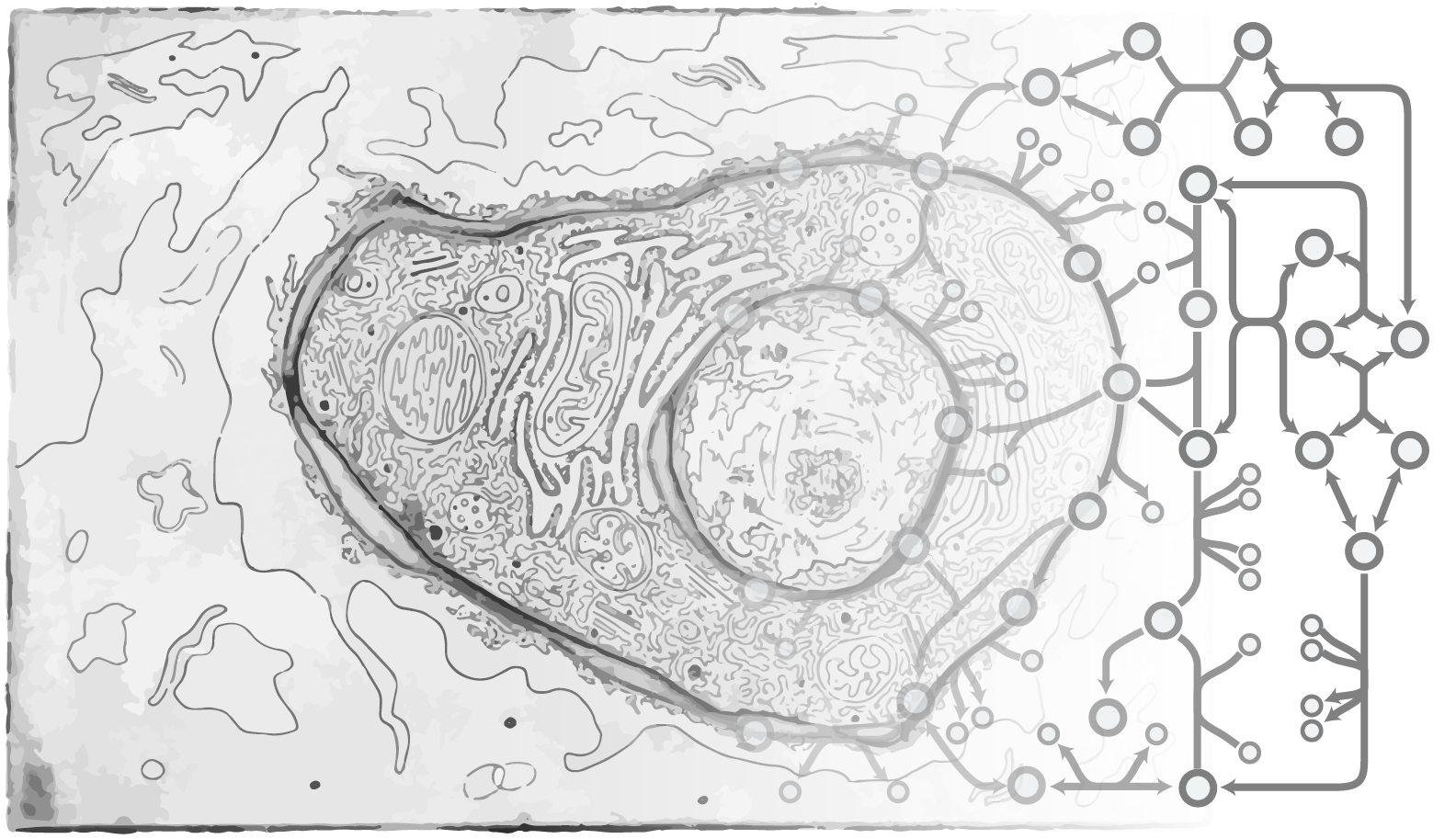The review process is in place to make sure that published research is as correct as possible. Thus it is critical that one focuses on the accuracy of the work in an unbiased mindset. When conducting a review, I find the best and most useful format is as follows:
1. Start with a few sentences that summarizes the main point of the study, its importance in science, and your overall conclusion of the review. This helps the editor to get an overview of the study and what your perception was.
2. The second section is of “Major comments“. Major comments are items that need to be addressed by the authors. These include items that aren’t correct but that are essential to the claims of the work. These will differ depending on if you are reviewing research papers or review articles.
a. For research papers you want to ensure the following:
– Make sure that methods are used correctly. Bring up any mistakes or errors in the use of methods and tools. However, also consider if any inaccuracies in deploying methods actually would impact the results of the study.
– Make sure the assumptions made clear. If underlying assumptions are not clear, point them out.
– Make sure that the biases from the authors and/or methods are clear. Point out when biases that were not addressed. Point out analyses or experiments that should be done to make sure that the results are not an artifact of the biases in the study.
– Make sure that all claims and conclusions are supported by the data and results.
b. For review papers, it is only critical that the literature is correctly cited and interpreted. Specifically:
– Figure out what is the purpose of the review. Do the authors achieve their purpose?
– literature must be cited correctly with correct understanding of the studies. The literature must also support the claims in the review
3. The third section is for “Minor comments“. These are more issues with stylistic factors or suggestions that would make the study nicer. These do not need to be addressed, unless, they are typographic mistakes. In my experience, review articles tend to only have minor comments.
Items to ponder on when writing your review:
1. Don’t be rude or a jerk. I think we all will experience comments from close minded reviewers who hate you, your PI, or your field, or who will not take the time to really provide constructive criticism. Don’t be like that. Remember, reviews should be constructive. Your goal is to identify the factors that are needed to make the study solid and that the data support the conclusions, and then to provide suggestions to improve the work.
2. Make sure your comment is correct. Also if you have a harsh criticism, make sure it wasn’t addressed in the paper or the supplement (too many reviews don’t read those carefully), and that your comment is well thought through.
3. If the paper or a key part is unclear, be sure to state that, since you won’t be the only one who feels that way when reading the paper. We want the scientific literature to be clear and unambiguous to facilitate reproducibility and derivative works.
4. It is all too common that people are asked to do analyses or experiments that are tangential or irrelevant to the claims of the study. Make sure the extra work you suggest is actually essential to the claims of the study. Don’t ask them to do anything that is not essential to support or test the robustness of their claims. Don’t ask them to waste valuable time and money on tangential work that will not influence the main claims of the study.
5. Remember that your comments can influence the success and happiness of a scientist, somewhere. Be kind and remember that your comments will influence their success.
